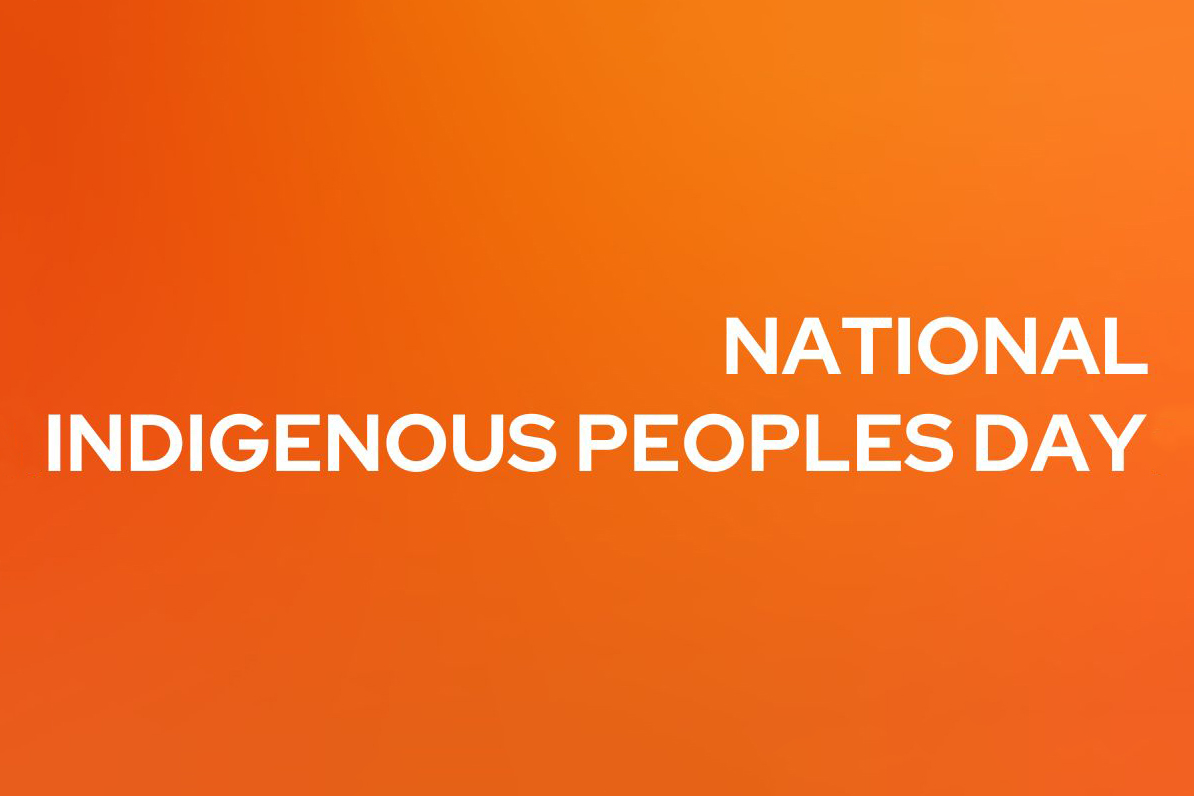Celebrating National Indigenous Peoples Day: Honoring History, Heritage, and Resilience

On June 21, as we observe National Indigenous Peoples Day, we come together to acknowledge and celebrate the rich history, diverse heritage, unwavering resilience, and vibrant cultures of First Nations, Inuit, and Métis peoples across Canada. This day serves as a poignant reminder of the enduring contributions and profound significance of Indigenous communities in shaping the fabric of our nation.
Originally known as National Aboriginal Day, the commemoration was officially established in 1996 by then Governor General of Canada, Roméo LeBlanc, through the Proclamation Declaring June 21 of Each Year as National Aboriginal Day. Since then, this day has been a time to honor and recognize the unique traditions, languages, and customs of Indigenous peoples, while also highlighting their ongoing struggles and triumphs.
For generations, many Indigenous groups and communities have marked June 21 or around that time of year as a day of celebration, coinciding with the summer solstice, the longest day of the year. This symbolic date holds deep cultural and spiritual significance, representing renewal, growth, and the interconnectedness of all living beings.
As we reflect on National Indigenous Peoples Day, we express our profound gratitude to the Indigenous communities of the Northwest Territories for their enduring stewardship of the land and their gracious hospitality in allowing us to reside, work, play, and thrive on their traditional territories. We recognize and honor the profound contributions of Indigenous peoples, whose traditional knowledge, wisdom, and cultural practices have enriched our lives and communities in immeasurable ways.
On this day of remembrance and celebration, let us reaffirm our commitment to reconciliation, respect, and partnership with Indigenous peoples, as we strive to build a more inclusive, equitable, and harmonious society for all. May National Indigenous Peoples Day serve as a moment of reflection, appreciation, and solidarity with Indigenous communities across Canada.

